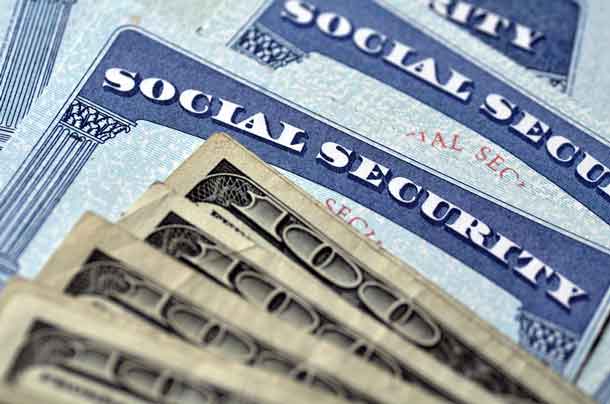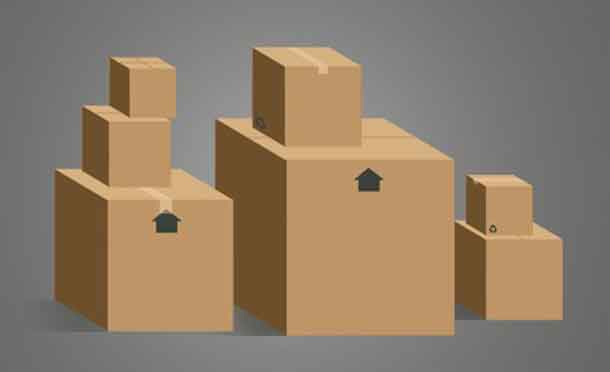WASHINGTON – LIVING – In life, there’s a third, less-talked-about certainty beyond death and taxes: the unexpected. We live as if we’re in control, but the reality is nobody can predict their future. When it comes to financial surprises, vulnerabilities lurk around every corner if we don’t have an emergency fund. And currently one-quarter—or 55 million Americans— have nothing in theirs.
A common reason people feel they can’t save is because of their paycheck-to-paycheck life. Here’s how to build an emergency fund when money is tight.
Save Your Tax Refund
Sick of seeing your paychecks disintegrate instantly after they’re deposited with nothing left for your future? A substantial portion of your annual emergency fund contribution sits in your taxes. Whether you want to declare “0” to save your refund come tax season, or claim “1” and have less of each paycheck taxed so you can save money gradually — let your tax money benefit you.
Give Through Sentiment, Not Dollars, During the Holidays
The holidays are the time of year we get together with family and other loved ones. It’s a time of being thankful for good health, spirits and connections. But for many, the holidays end up being a period of consumption, and as a result, can put people in difficult financial positions.
Instead of showing your love through expenditures, focus on giving through your what’s in your heart. Giving sentimental gifts, preparing your own food for gatherings and avoiding lavish ‘holiday getaways’ are a few ways to exercise holiday frugality, according to financial thought leader Andrew Housser.
Examine Your Spending Areas
Much like editing language for brevity and clarity, a budget can always be trimmed. It might hurt, but variable costs like entertainment, meals out and other non-essentials need to go. This is wartime: you’re fighting for your financial future.
But lowering your variable costs is only one half of the battle; the greatest potential for savings comes from reducing your fixed costs, like rent, transportation, food and utilities. That might mean a smaller place in a more inconvenient part of town. It may mean meal prepping for the entire week. Perhaps using a bicycle for transportation. Or even all of the above.
Make Saving Automatic
There’ll never be enough room in your budget for emergency fund contributions if you can’t make saving a habit. Instead of having to avoid temptation and allocate money from each paycheck though, bypass the decision altogether. Setting up automatic contributions from your checking to savings immediately following every payday will set your course without challenging your willpower constantly.
Negotiate Your Financial Terms
Few people realize this, but the secret to getting better financial terms on loans and services is actually the same secret to getting anything: it’s only possible if we ask. Struggling with your monthly balances? If you haven’t lapsed on your payments, reaching out to your creditor(s) and explaining your situation could get you more favorable interest rates, possibly even a deferment or forbearance if the creditor qualifies you for financial hardship. If you have student loans, you could get a deferment or forbearance without interest rate accruing.
Find a Side Hustle
Reducing your expenses is critical when you’re struggling to make ends meet. But people struggling financially often don’t do enough to increase their earning power. Per CNN, 44 million Americans have a side hustle. More than one-third of those who make money each month from a side gig earn more than $500. However, getting a side hustle not only increases your income in the short term; it can also help develop a skill that will affect your earning power over the long-term.
If building an emergency fund was easy, there wouldn’t be so many people living on the brink of financial disaster. At the same time, socking a little money away each month is doable, even if your current income leaves a lot to be desired. Follow the above tips to build financial protection that could help you get through a job loss, car breakdown, health event or anything else you’re not prepared to face.







